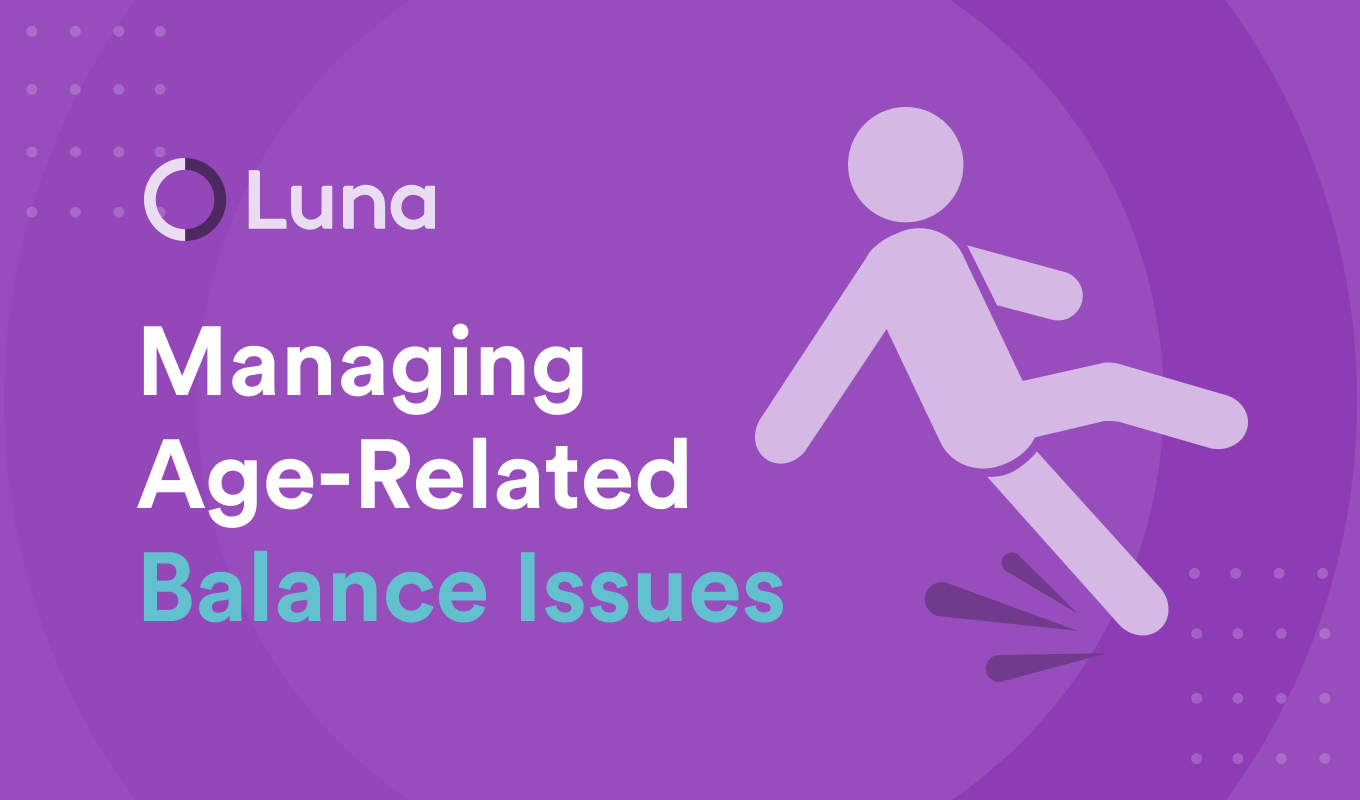What You Need to Know About Balance Issues in Older Adults

As we age, our bodies start to feel the wear and tear of everyday life. This natural part of getting older may include the gradual loss of muscle strength and flexibility, which can affect your balance. Our muscles play a big role in keeping us upright and moving, however, they weaken with age, leading to an increased risk of falls.
It’s normal to feel a decline in physical abilities, but what does a loss of balance mean for you and how should you manage your symptoms?
Causes of Balance Issues in Older Adults
Age-related changes can lead to conditions like vertigo, where the sense of balance is disrupted, making simple tasks you never thought twice about — like standing up or walking — challenging and sometimes unsafe. If there’s anything that balance issues tell us, it’s how important it is to maintain an active lifestyle and engage in regular health check-ups.
The reasons you might start to feel more unsteady vary, but some causes of balance issues in older adults are more common than others. Medications, for example, are a big factor that can affect your stability. With many medications causing side effects such as dizziness and lowered blood pressure, the risk of falling increases significantly.
As we get older, the natural loss of balance is a direct result of our primary balance systems slowly degenerating.

Although balance problems in older adults may be a result of natural aging, it’s often a side effect of another underlying condition and may be linked to the following:
- Dehydration
- Hypotension
- Anxiety
- Numbness
- Muscle Weakness
- Neurological Conditions
- Joint Problems
- Arthritis
Tips for Managing Balance Problems as You Age
As age offsets our balance, you may be wondering if there’s a way to prevent falls. Rather than becoming sedentary and missing out on the activities you love, start with these tips:

Stay hydrated and eat well.
Dehydration can lead to feeling dizzy and lightheaded, while poor nutrition weakens your body, directly impacting your balance. A healthy diet and regular water intake support muscle function and balance while promoting a positive lifestyle — reducing the risk of chronic diseases and improving your quality of life.

Actively work on improving your balance.
Exercising and keeping active is a great preventive measure against falls, particularly as you age, and targeted balance exercises can help refocus your body’s core stability and rebuild the strength needed to regulate balance. Just remember to never attempt exercising alone if you’re having balance issues.

Get help from a Physical Therapist.
They are the experts on the body and mobility. Through targeted therapies and exercises, they can help strengthen muscles crucial for balance, improve flexibility, and enhance coordination. Best of all, our board-certified PTs come right to you!

Remove obstacles within your home.
Things that pose an increased risk of falls and tripping in your home may include rugs and unnecessary clutter. Assess your living situation and establish safe habits that lessen the likelihood of falls and injury.
Stay Steady on Your Feet with Luna
Getting older doesn't have to mean losing your balance —and freedom along with it. With some minor lifestyle adjustments, guidance from a health professional, and a few proactive measures, you can continue to move through life as steadily as ever.
Get back to doing what you love with confidence and find a Luna Therapist near you!




